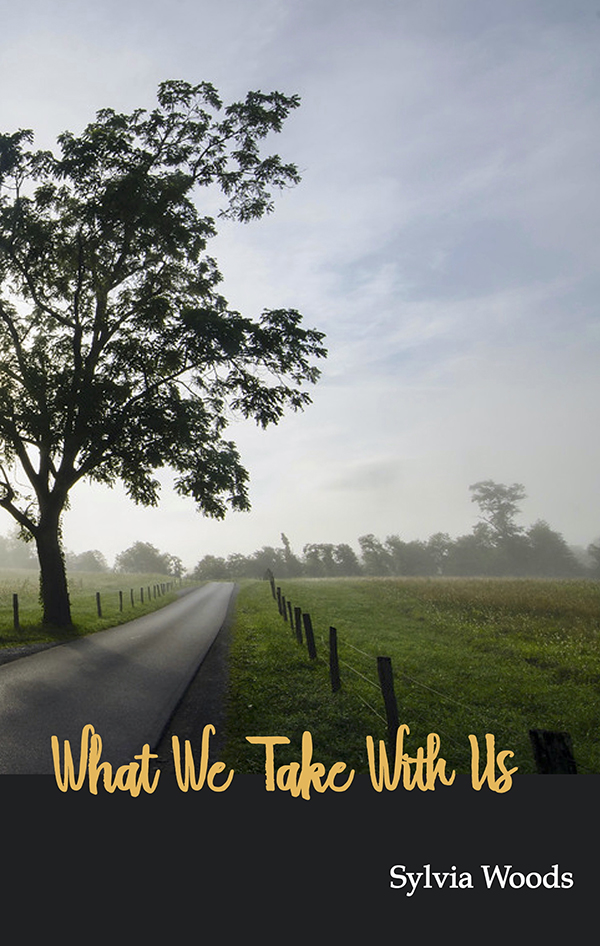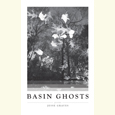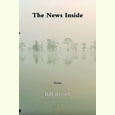"Look Away, Look Away"
Susan O’Dell Underwood is the director of creative writing at Carson-Newman College in Jefferson City, Tennessee, where she has taught Appalachian literature, modern poetry, and writing for than twenty years. She earned an MFA in creative writing from the University of North Carolina at Greensboro and the PhD in English from Florida State University. In 2004, her novel-in-progress, Genesis Road, won the Tennessee Arts Commission grant for writing. Her first chapbook, From, about family and cultural influence in the mountain South, is forthcoming from Finishing Line Press. Underwood is originally from Bristol, Tennessee.
Look Away, Look Away
There’s no stand I’m willing to take,
no living or dying I’d do in the name of Dixie,
but that war is still alive even in the new millennium,
in email jokes about dumb Yankees,
rancorous flare-ups over the Confederate flag,
in redneck comedy tours,
and even in my own sorry bile
when shiftless boys the age of soldiers
drive past and blast that truck-horn tune.
My brother tells me,
when his friend’s string band
struck up that defiant cheer of home
on stage at the Knoxville World’s Fair Park,
the organizer forced them to stop mid-pick.
How does it happen away down South
that we’re afraid to offend even ourselves?
It’s hard to keep up
with what to be ashamed of,
who’s the enemy now.
The old people in our family taught me
to hate “Battle Hymn of the Republic,”
so when I was a kid I refused to sing it.
In my grandparents’ living room
I read fairy tales and worked puzzles
under Robert E. Lee’s watchful portrait.
They let me hold in my palm
the mini-ball my great-great grandfather coughed up
after he walked hundreds of miles home
from a Union prison camp.
On my first visit to the Lincoln Memorial
at age thirty, the marble stare accused my heritage,
that lionized story of my grandfather,
a scientist, who in his age, for all his intellect,
would not walk up those steps.
It’s the autumn we elect a black man.
At the music festival in Bristol, my hometown,
my brother plays his guitar for free
under a tent like the ones they use at camp revivals,
the ones for graveside services and re-enactments.
He’s in time
with a troupe of men and women
standing around a sitting horde of men and women—
thirty or more—wielding banjos
and fiddles, brandishing dulcimers and mandolins,
the standing bass fiddles on guard at the outskirts.
In the streaming street, out in the sun,
hard-won places are taken up in the crowd
by dark-skinned faces—Latino families,
a group of women dressed in saris.
There’s the smell of kabobs
bearded men sell across the street,
and a new Chinese restaurant
in the next block, with a line out the door.
Sometimes one of the musicians gives a whoop
over the ringing strings,
a Rebel yell newcomers might not recognize.
But it’s a brutal kin to other anthems
kept alive in other civil places,
where the soil of battlefields
still comes up blood-soaked—
Croatia, Kashmir, Rwanda,
Tiananmen Square and Darfur,
Kandahar and Fallujah,
Wounded Knee.
The players shout and don’t stop playing,
though their hands must ache,
their fingers blister and rupture.
Without singing, they play the old tune
they know by heart
over and over and over, until it seems harmless,
until it sounds almost perfectly joyful.
Copyright (c) 2010 by Susan Underwood. All rights reserved.


